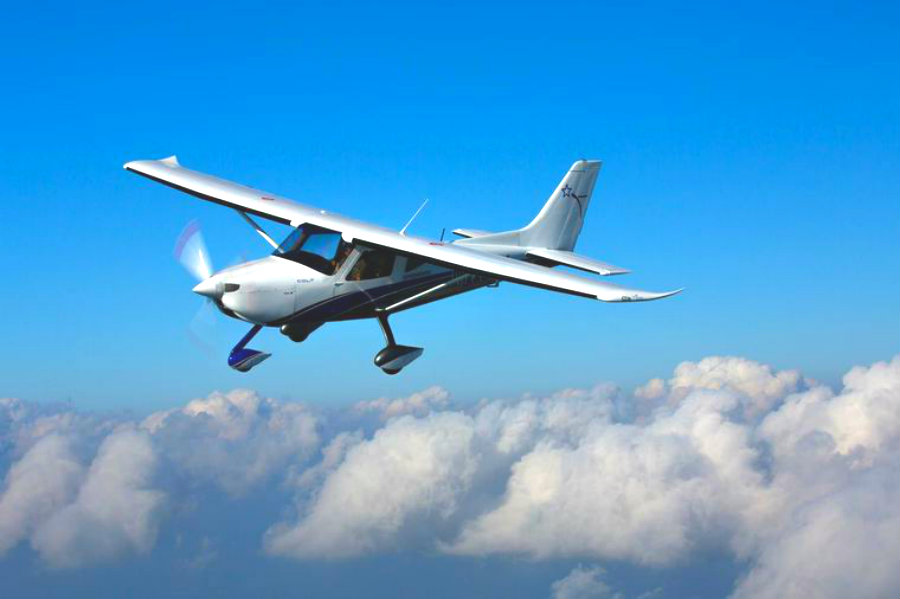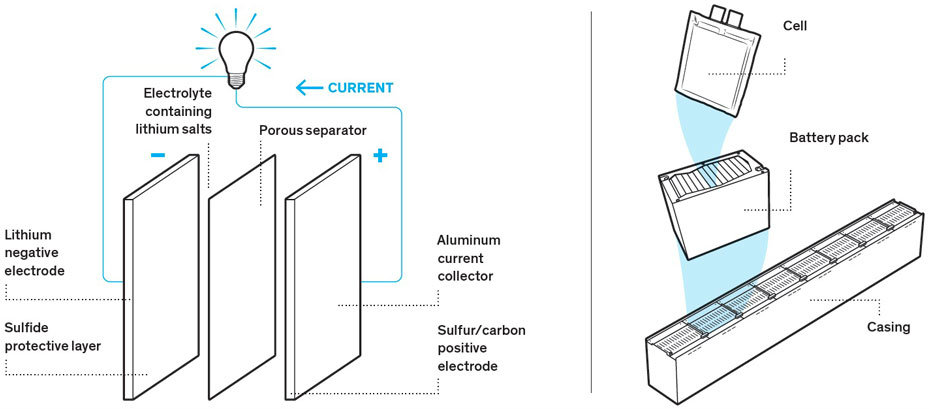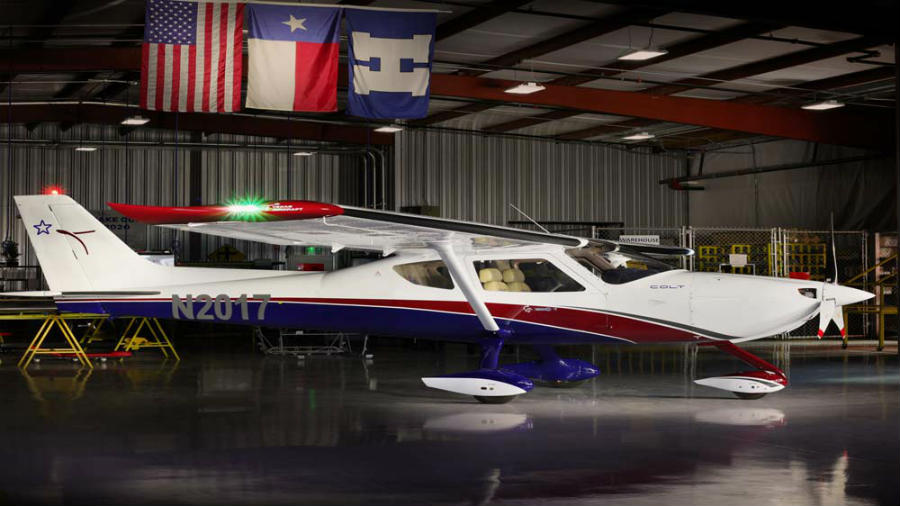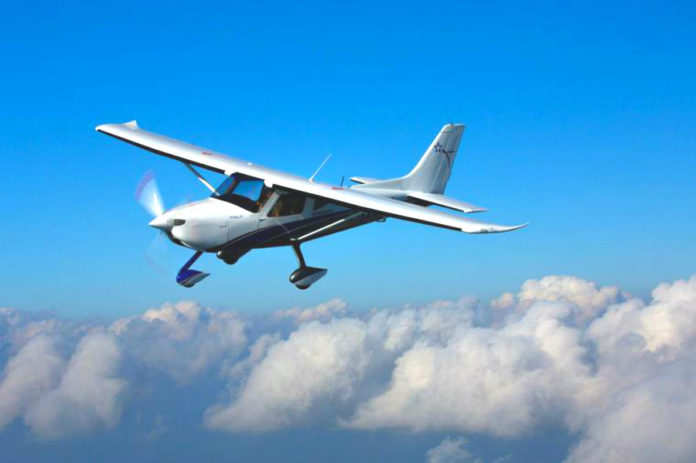
(Texas Aircraft Manufacturing)
A super-dense Lithium-Sulfur (Li-S) battery has been developed to power, fully electric aircraft by British company Oxis Energy for the Texas Aircraft Manufacturing company. It is said that the novel battery powers the aircraft to boost its mile range for up to 230 miles.
All-electric aircraft has become the next big thing as scientists are trying their best to come up with more lighter more efficient aircraft with more milage. May it be a drone or a passenger aircraft the biggest issue so far has been the size of the battery. The bigger the aircraft the heavier the batteries, limiting their payload and the mile range. This is where the importance of lightweight Lithium-Sulfur batteries arise.
About the Li-S battery
The 4 components of the battery include a positive electrode, a negative electrode, a porous surface in between the electrodes and an electrolyte to facilitate the electrochemical reaction. They are all packaged in 2.15V, 20A-hr battery pack in foil as a pouch cell. And these pouch cells can be connected in series and parallel to create a powerful enough battery for larger vehicles like aircraft.

Credit: Illustration by Chris Philpot
This Li-S battery is said to be two times more energy-dense than a standard Lithium-Ion battery. The Sulfur component of the battery is providing the safety factor avoiding emergency fires caused by the battery issues. They are also much cheaper to manufacture than the standard Lithium-Ion batteries.
According to Mark Crittenden, head of battery development at Oxis Energy, “Typical lithium-ion designs can hold from 100 to 265 Wh/kg, depending on the other performance characteristics for which it has been optimized, such as peak power or long life, Oxis recently developed a prototype lithium-sulfur pouch cell that proved capable of 470 Wh/kg, and we expect to reach 500 Wh/kg within a year. And because the technology is still new and has room for improvement, it’s not unreasonable to anticipate 600 Wh/kg by 2025.”
The Li-S battery could still be perfected in its lifespan. But Oxis promises that within the next 2 year period, they are planning to increase the Li-S battery’s lifespan to be doubled and possibly a 500 cycle target. This would be a great improvement as long-lasting batteries do not need charging often.

The Li-S battery pack built for the Texas Aircraft Manufacturing company is with an energy density of 400Wh/kg and with a 90KW/hr functionality. This will be used in their eColt electric aircraft, Colt S-LSA and will be 40% lighter than using a Lithium-Ion battery pack. The Colt S-LSA aircraft is designed for commercial airline pilots for their training. The cost-effectiveness and efficiency of the Li-S technology has helped the Texas Aircraft Manufacturing massively to keep their training costs down.
This high-density Li-S battery technology does not seem to be stopping here as Oxis hopes to expand its horizon on “high-altitude pseudo-satellite” market, “eVTOL market” and another fixed-wing electric aircraft project with Bye Aerospace company. Oxis is planning to manufacture 5 million cells a year in its first stage of operation.

